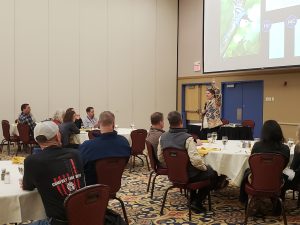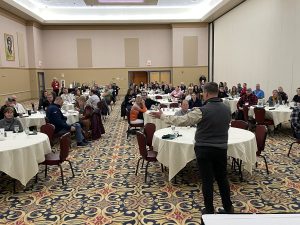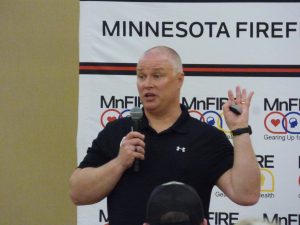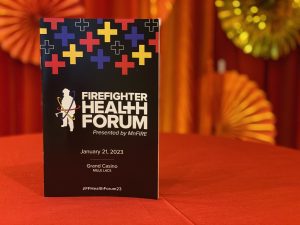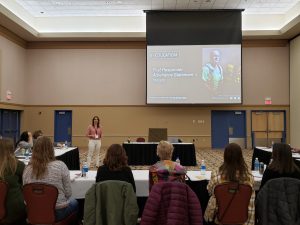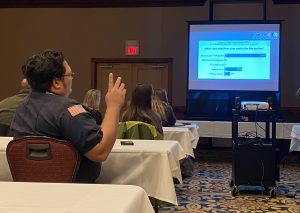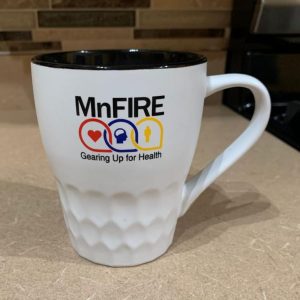Firefighting is a strenuous job – physically, mentally and emotionally. Call after call, year after year, the stress can add up and lead to detrimental effects, especially for a firefighter’s mental health. According to the Centers for Disease Control and Prevention (CDC), 13% of firefighters screened positive for Post-Traumatic Stress Disorder (PTSD). 53% screened positive for both anxiety and depression separately.
With the Minnesota Firefighter Initiative (MnFIRE), help is out there. In fact, it’s at your fingertips with the MnFIRE PeerConnect app. In May, the MnFIRE PeerConnect app launched as yet another free health and wellness resource for Minnesota firefighters and their families. It was developed in partnership with First Response Mental Health, an organization that specializes in the stressors that first responders are exposed to, and the support systems in place to protect and support them.
The app, now available to download from both the Apple App Store and Google Play by searching “MnFIRE PeerConnect”, provides users the ability to easily request confidential Peer Support in two easy ways: immediately dial in or request a call back.
Unique to this platform is the opportunity to preview peer supporter profiles and personally select the person you’d like to talk to directly. While all of MnFIRE’s trained peer supporters are ready to lend a listening ear or offer support, this selection can make all the difference in the comfort level of a firefighter asking for help.
In addition, the app serves up a unique feed of firefighter health and wellness information. When you download the app, you immediately gain access to a library of articles and resources focused on improving firefighter health and wellness, all curated and created by MnFIRE’s knowledgeable experts.
The MnFIRE PeerConnect app is another step towards reducing the stigma of asking for help in the fire service. Talking about the challenges we face is not something to be ashamed of, but rather a proactive measure to better health. If you or a firefighter you know is working through a tough time at work or at home and needs someone to talk to who gets it, tell them “there’s an app for that.”
You can also contact MnFIRE’s Peer Support service directly via phone at 1-888-784-6634. Calls to the Peer Support hotline are answered live, 24/7, through PRO Network’s HIPAA-compliant answering service, and their experienced roster of masters-level mental health professionals will work to connect individuals with peer supporters and get them the help they need. No matter if you call or use the app, connecting with the MnFIRE Peer Support team can make all the difference on the path to better mental health and well-being.
To learn more, visit the PeerConnect App page.

